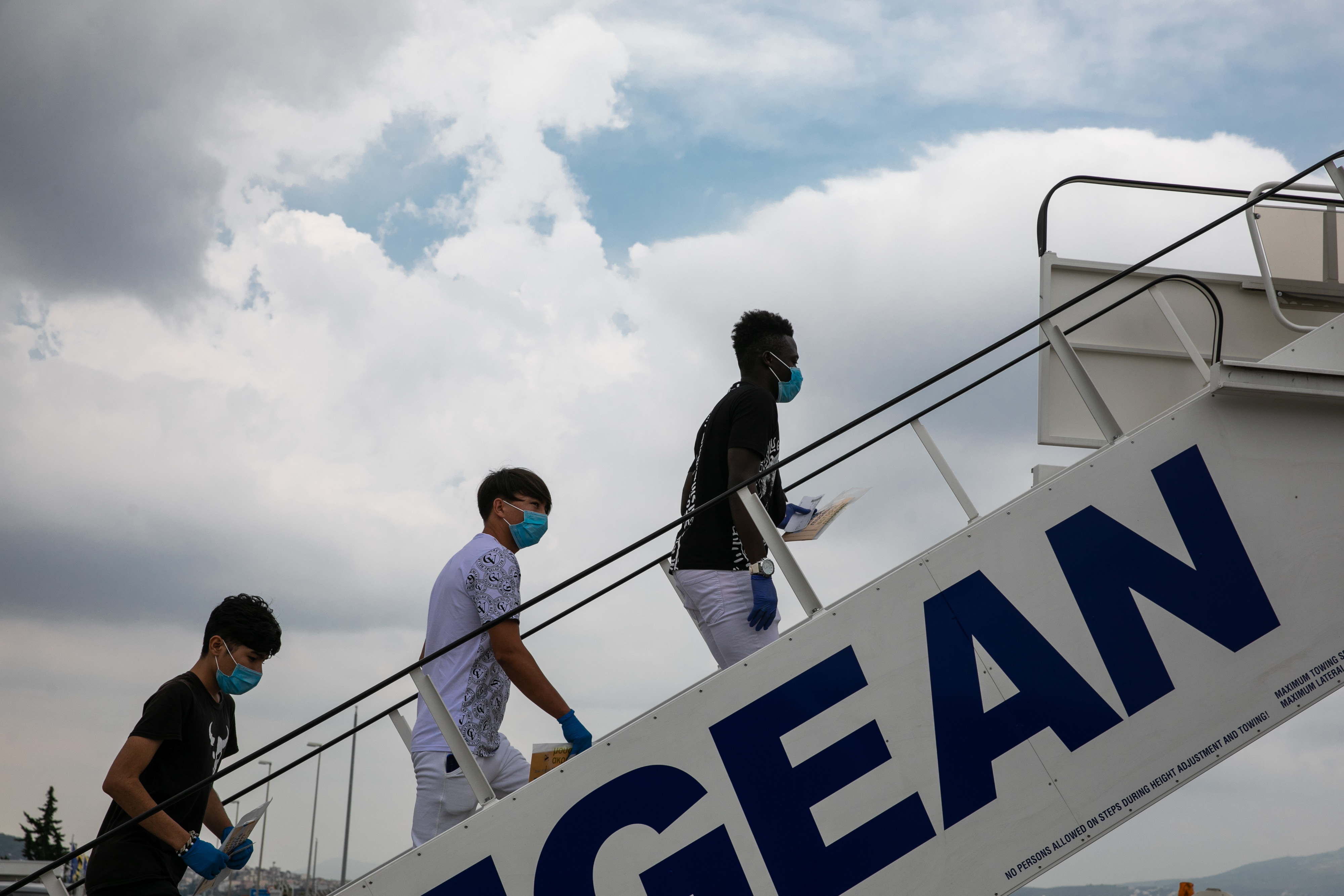Bomb threats keep disrupting flights in Rajasthan
Anonymous bomb threat calls kept adversely affecting flights of various airlines on different routes on Sunday.
A second incident in Korea of a disturbed passenger attempting to open the door of an aircraft in flight must raise concerns on the protocols followed by airlines in assessing the fitness of passengers to fly, and the procedures to be followed when such incidents occur.

Representation image (Photo:IANS)
A second incident in Korea of a disturbed passenger attempting to open the door of an aircraft in flight must raise concerns on the protocols followed by airlines in assessing the fitness of passengers to fly, and the procedures to be followed when such incidents occur. In the latest incident which was reported this week, a 19-year-old on a flight from Cebu in the Philippines to Incheon in South Korea, complained of pressure in his chest. Flight crew offered to switch seats, but he chose to run to the door and tried to open it before he was restrained by the crew and passengers.
A fundamental facet of the design of modern jetliners is the need to maintain cabin pressure, for as oxygen thins in the atmosphere outside when an aircraft climbs, the pressurized cabin allows passengers to breathe normally. Typically, cabin pressurization systems aim to simulate an altitude of 6,000 feet even when the aircraft may be flying at 30,000 feet or higher. Opening the door when the aircraft is at such a height, while extremely difficult because of the pressure, can have drastic consequences, especially as many passengers would, despite warnings issued by crew, have unfastened their seat belts as soon as permitted to do so.
An open door would cause an incredibly strong airflow, one that could suck passengers out, cause extreme temperature drops and hypoxia, a condition caused by oxygen deprivation to the brain. While arrests of passengers who attempt to open aircraft doors are routine, they may not be the solution if the increasing number of such incidents is any indication. Physical discomfort or mental instability may be the causes for such aberrant behavior, but putting the lives of other passengers at risk somehow negates the efforts that modern air transportation systems put in place to ensure safety on board. There are several measures that airlines could consider taking.
Advertisement
First, there is a clear and pressing need to educate passengers on the potentially disastrous consequences of opening a door when in the air, indeed making it an integral part of flight safety instructions. Second, the presence of air marshals to restrain delinquent passengers could be made mandatory. Third, the requirement to wear seat belts could be made more stringent, even mandatory at times the crew is distracted by the need to serve passengers. But it must be fairly conceded that such measures can only reduce, not eliminate, the risk from a determined passenger.
Even so, with more such cases being reported ~ including one some months ago where a passenger said she had been asked by “Jesus” to open the door ~ it is clear that more needs to be done.
Advertisement